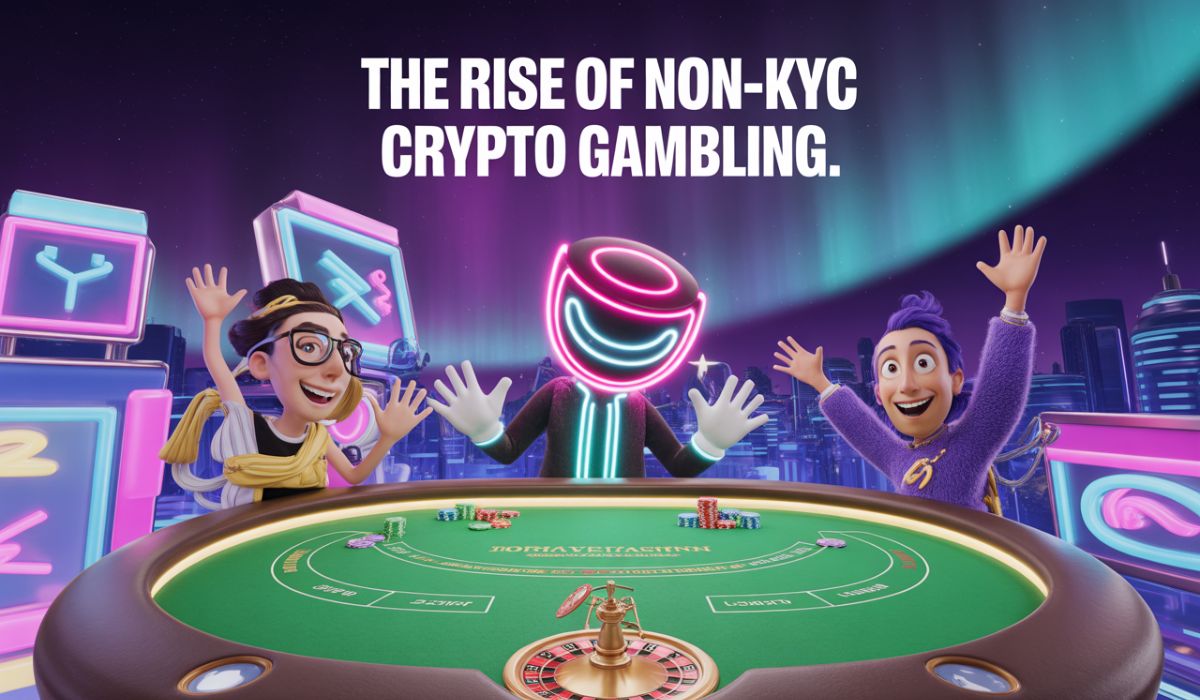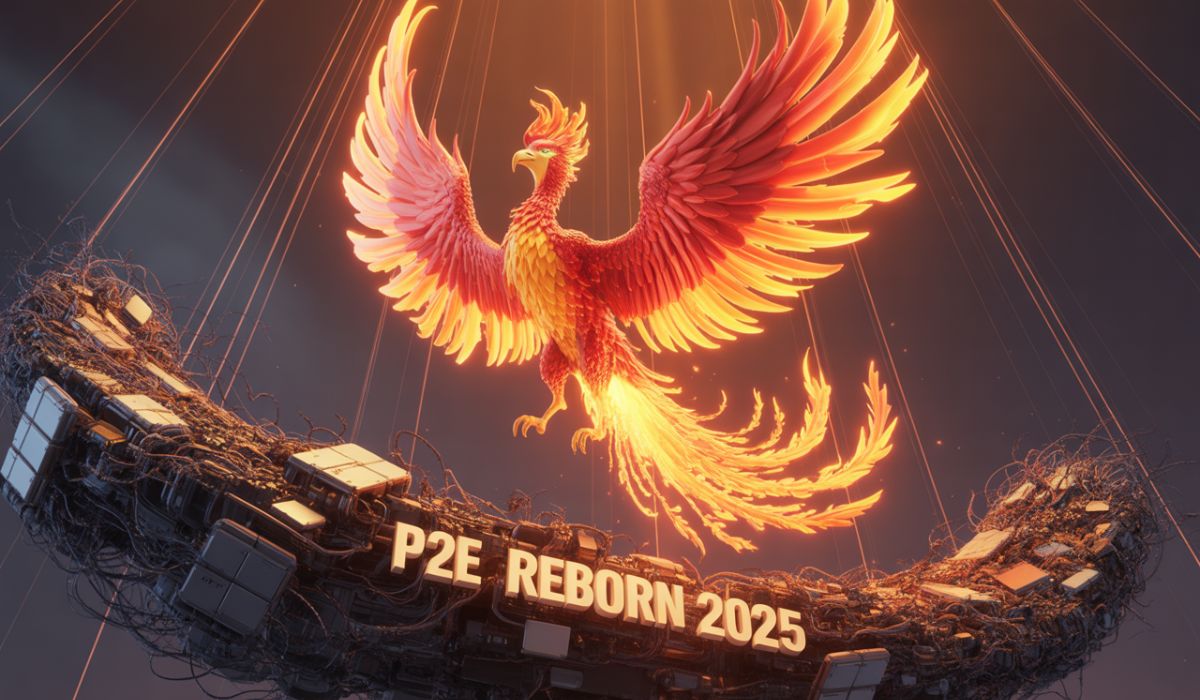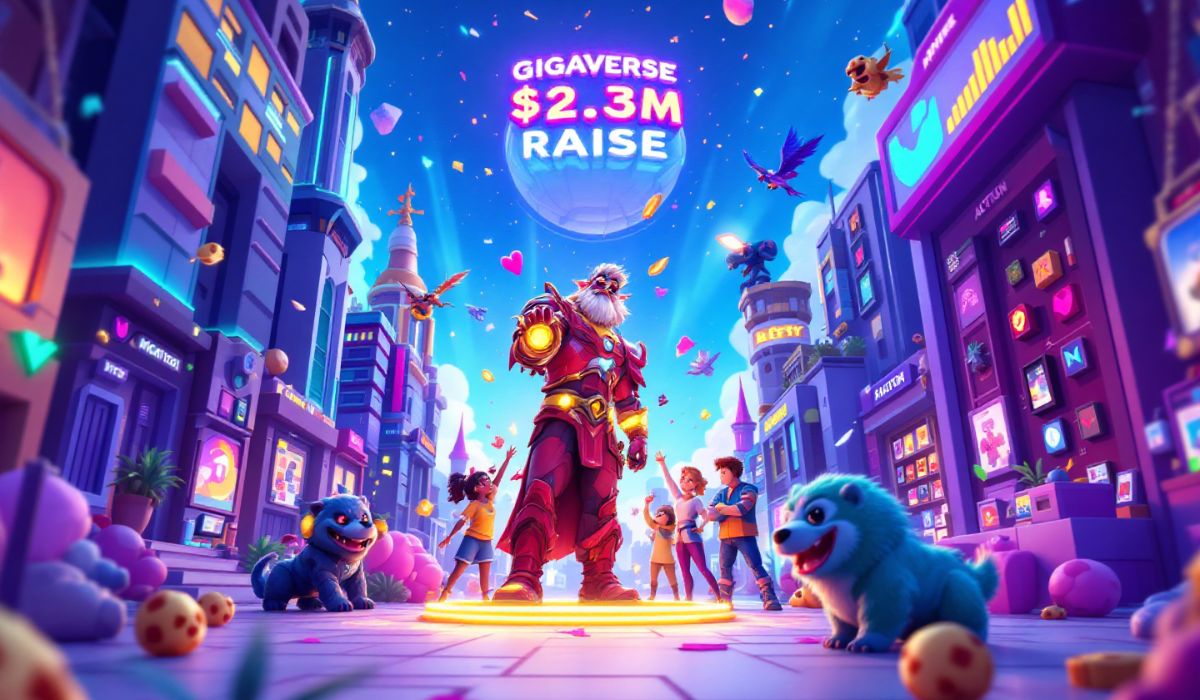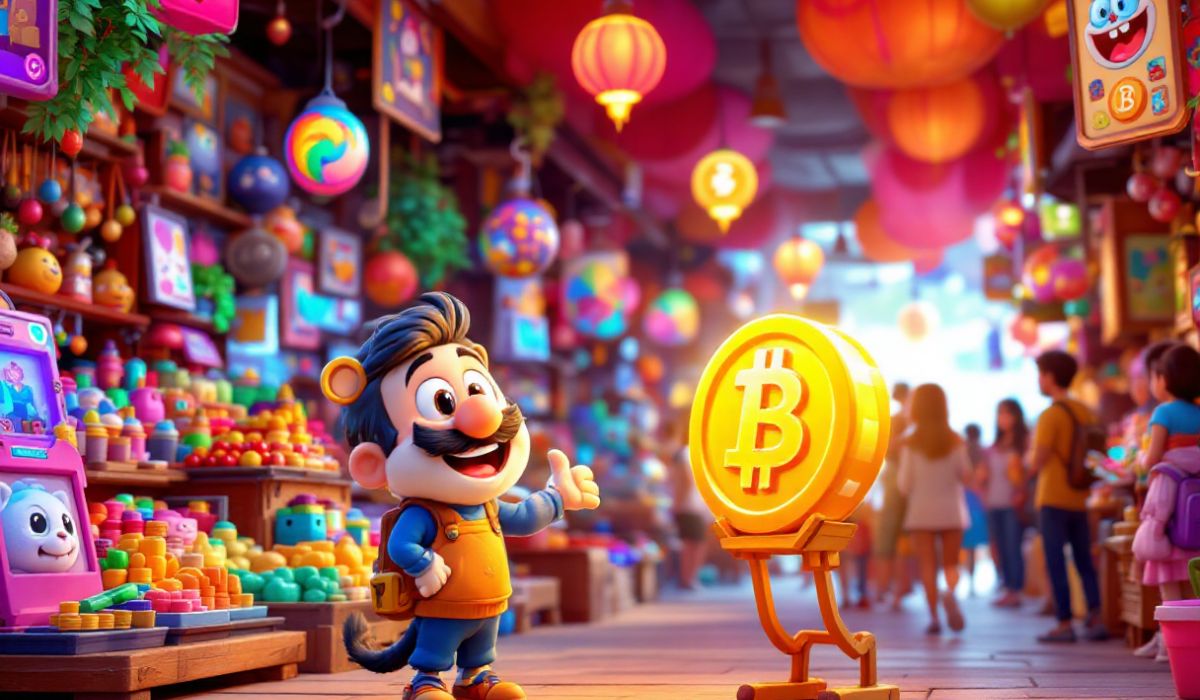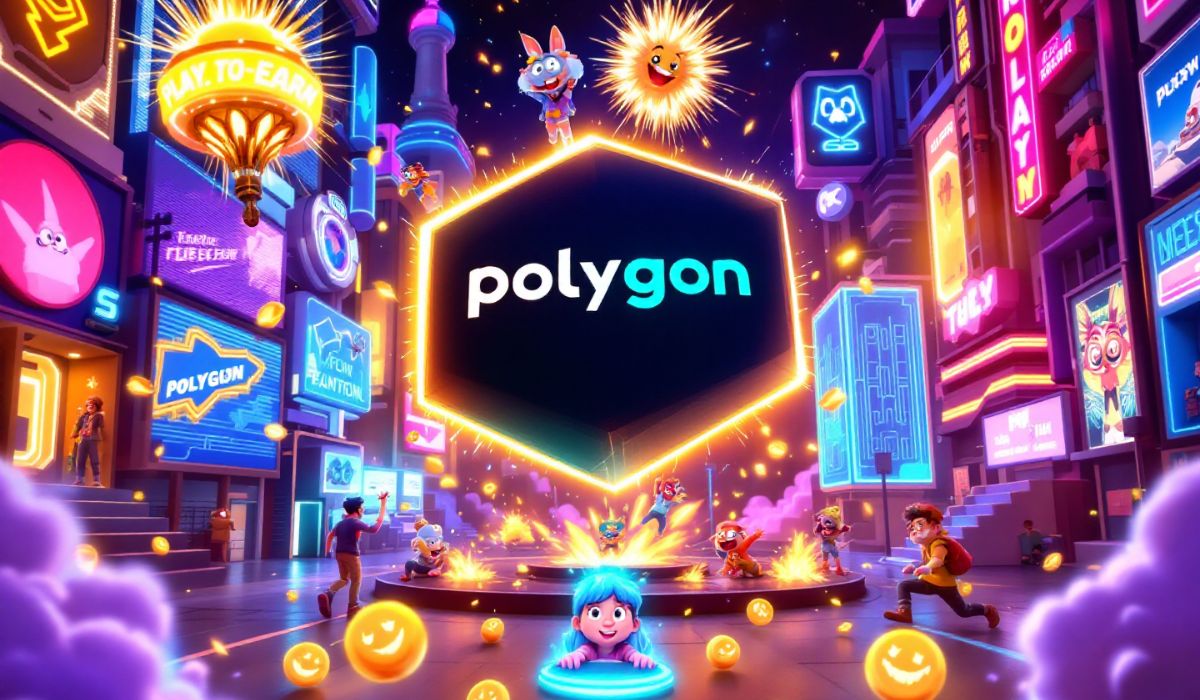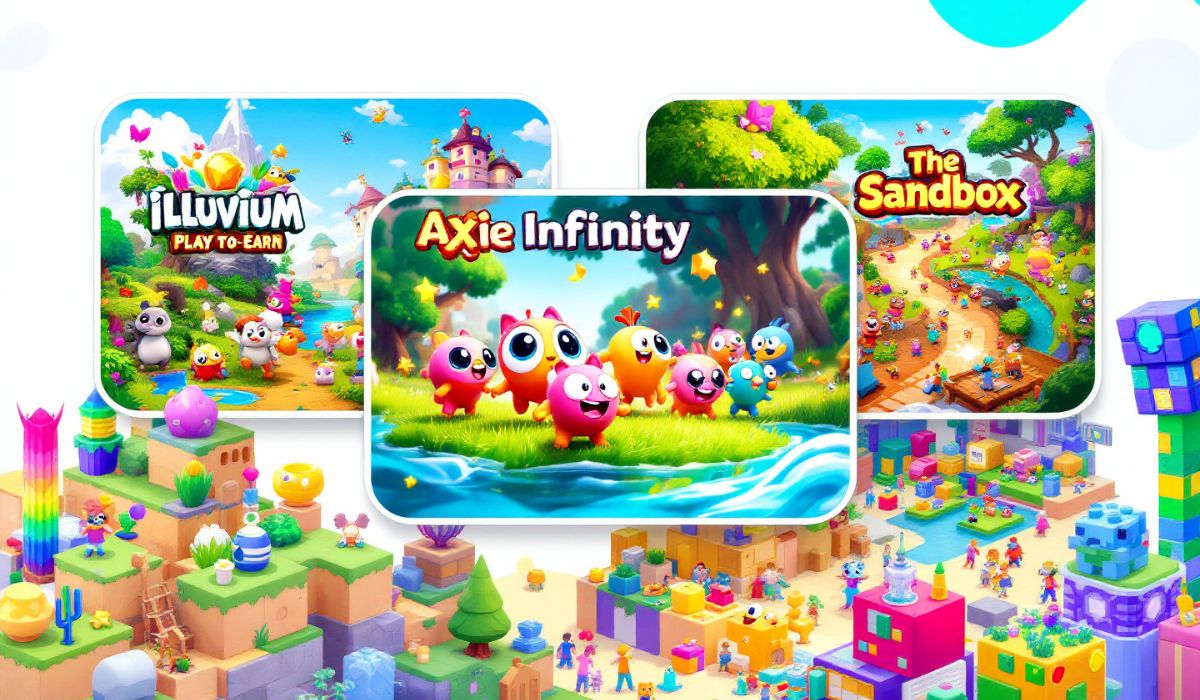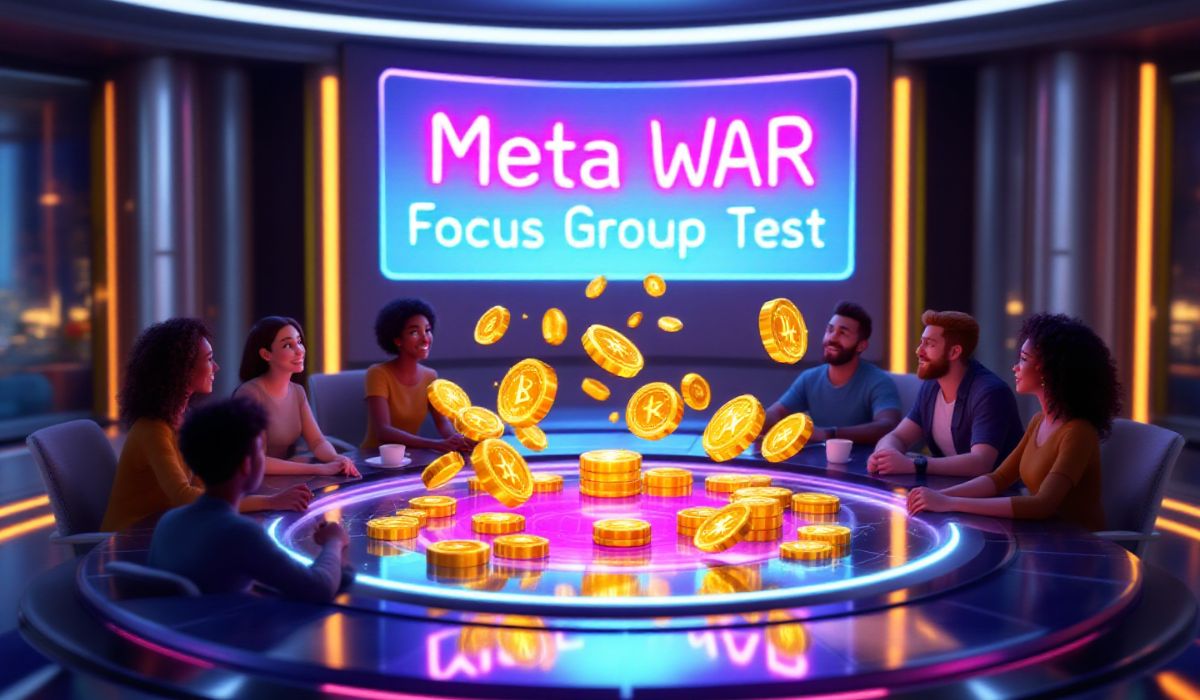FIFA’s Blockchain Tickets Under Swiss Probe: Innovation or Hidden Gambling?

Fans of soccer may soon face an unexpected challenge, a regulator investigating whether blockchain-based tickets sold by FIFA could be considered gambling. These “right-to-buy” tokens, introduced ahead of the 2026 World Cup, allow holders to purchase tickets if their national team qualifies. While the tokens promise innovation and a more transparent way to distribute tickets, questions about legality and speculative value have put them in the spotlight.
This story highlights the tension between technology’s promise and the need for regulation. Blockchain in sports can increase transparency, prevent scalping, and create collectible experiences. Yet, when financial stakes are involved, authorities must ensure fans are not exposed to hidden risks. The Swiss gambling regulator’s probe demonstrates how regulators are stepping in to evaluate emerging applications of digital assets in mainstream events.
What Are FIFA’s Blockchain Tickets?
FIFA’s blockchain-based “right-to-buy” tokens were launched in 2024. Each token costs $999 and grants holders the conditional right to purchase tickets for the 2026 World Cup finals if their team qualifies.
The tokens have several unique features:
- They are tradable on secondary markets, allowing buyers to sell or exchange them before qualification is confirmed.
- Sales have already generated $15 million for FIFA.
- The tokens were marketed as digital collectibles rather than straightforward tickets.
However, the secondary market trading introduces speculative behavior. Buyers are effectively betting on team qualification, which caught the attention of Switzerland’s gambling regulator, Gespa. Manuel Richard, director of Gespa, noted that an initial assessment could not rule out gambling implications, leading to a deeper investigation.
Why the Tokens Are Under Scrutiny
The main concern centers on whether buying these tokens is similar to gambling. Unlike traditional ticket sales, the blockchain tokens involve risk tied to outcomes beyond the buyer’s control. Speculative trading on secondary markets makes them more like a wager on team performance than a guaranteed purchase of an event ticket.
The table below compares blockchain tickets to conventional tickets:
| Feature | Blockchain “Right-to-Buy” Tokens | Traditional Tickets |
|---|---|---|
| Purchase Requirement | Conditional on team qualification | Fixed and guaranteed |
| Market Trading | Tradable on secondary platforms | Usually non-transferable or restricted |
| Price | $999, subject to market speculation | Fixed by official vendor |
| Risk | Potential loss if team does not qualify | None; ticket is guaranteed |
| Legal Review | Under regulator investigation | Fully regulated |
This speculative element is the key issue for regulators. While FIFA promotes the tokens as collectibles and a way to improve ticket distribution transparency, the “may qualify” clause introduces uncertainty that resembles gambling mechanics.
Reactions From Fans and Crypto Observers
The token rollout has prompted mixed reactions across the sports and crypto communities. Some fans see the tokens as a convenient way to secure tickets, reduce scalping, and engage in collectible experiences. Others worry that introducing financial risk into ticket ownership could exploit fan enthusiasm, especially if regulations are unclear.
Crypto enthusiasts and sports-tech observers have been debating online:
- Supporters argue that blockchain can bring transparency, prevent counterfeiting, and allow global fans access to limited tickets.
- Skeptics warn that the speculative secondary market may blur lines between entertainment and betting, particularly for casual buyers who may not understand the risk.
Potential Impact and Future Outlook
In the short term, the Swiss investigation could shape how blockchain is used in sports ticketing globally. If the regulator rules that FIFA’s tokens violate gambling laws, token sales may be restricted or redesigned. Conversely, a clearance could validate blockchain as a reliable method for ticket distribution and fan engagement.
Long-term implications include:
- Increased adoption of tokenized event access across other sports and entertainment industries.
- Development of clear regulatory frameworks that separate speculative risk from genuine access to events.
- Potential growth of a global market for tradable event tokens, estimated to reach billions in valuation if properly regulated.
FIFA’s blockchain ticket experiment sits at the intersection of technology, sports, and regulation. The Swiss probe demonstrates the challenges of integrating digital assets into real-world applications without creating hidden risks for consumers. Fans, crypto enthusiasts, and regulators alike are watching closely. The outcome could either open a new chapter in how major events distribute access and collectibles or serve as a cautionary tale about combining speculation with fan engagement. The investigation underlines the importance of transparency, clear rules, and responsible innovation in the rapidly evolving world of blockchain and sports.
The FIFA blockchain ticket story serves as a case study for the potential and pitfalls of tokenized assets in mainstream events. Whether these tokens become a model for future digital fan experiences or a regulatory warning depends on balancing innovation with consumer protection.


